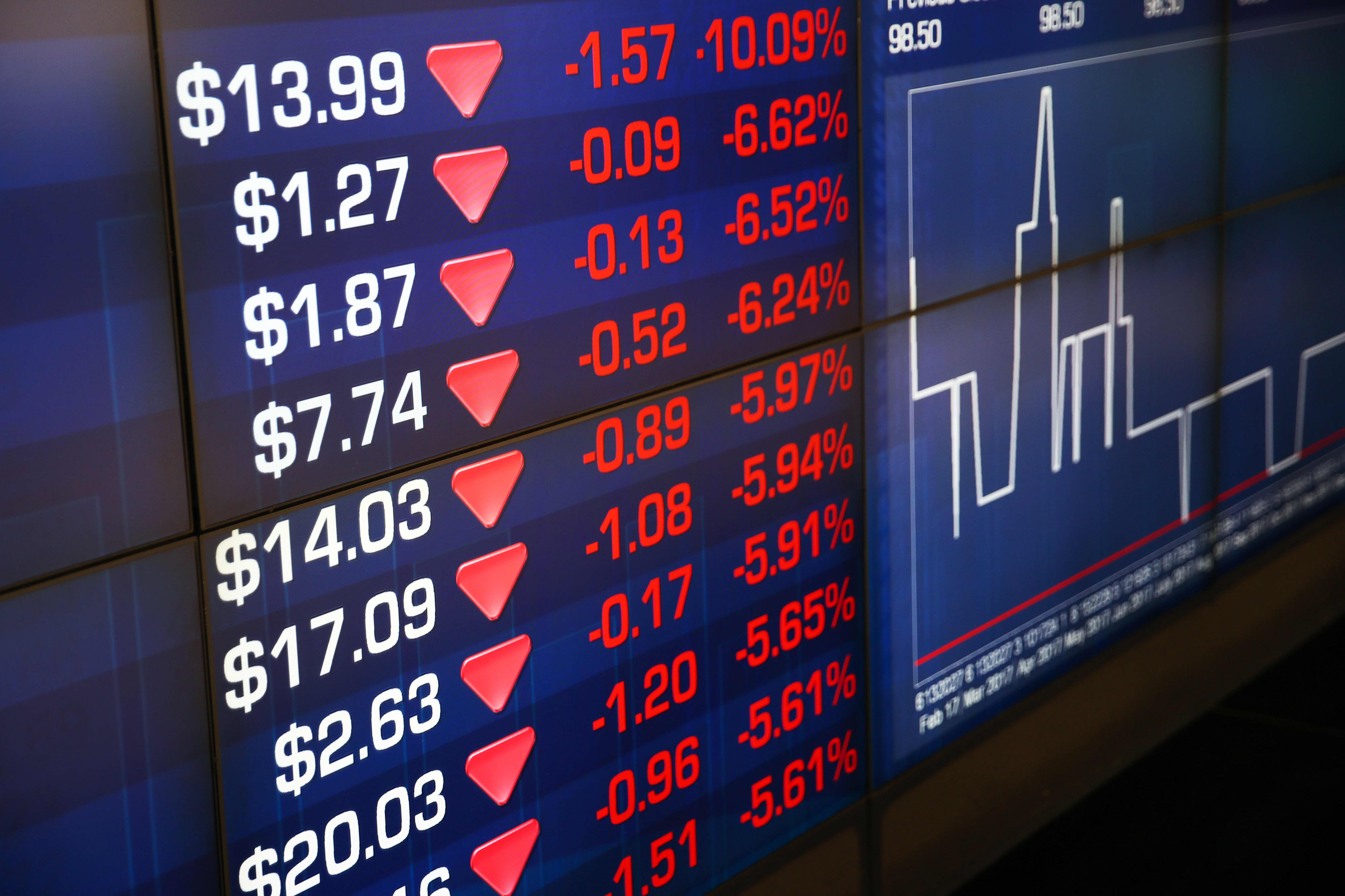Asian shares inched higher on Wednesday as investors braced for U.S. inflation data due this week and awaited the results of the midterm elections that could signify a power shift in Washington.
MSCI's broadest index of Asia-Pacific shares outside Japan (.MIAPJ0000PUS) was 0.33% higher, while Japan's Nikkei (.N225) slipped 0.16% and Australian stocks (.AXJO) gained 0.58%.
European stock futures indicated stocks were set to decline, with the Eurostoxx 50 futures down 0.37%, German DAX futures 0.33% lower and FTSE futures down 0.34% Results of the U.S. midterm elections will decide whether the Democrats lose or retain congressional control halfway through President Joe Biden's term, with investors expecting Republican gains.
Republicans are widely favoured to pick up the five seats they need to control the House, but control of the Senate could come down to tight races in several states. "Some of the key races are quite close. It's going to take some time to see who wins ... we already have a scenario of gridlock because the Republicans are going to take the house," said Quincy Krosby, chief global strategist at LPL Financial in Charlotte, North Carolina.
"The market can accept gridlock. It means that many of the measures from the administration will be thwarted by the opposing part."
Saxo Markets strategists said a split Congress could end up sparking an equities rally and putting pressure on the dollar. Historically, stocks have tended to do better under a split government when a Democrat is in the White House, with investors attributing some of that performance to political gridlock that prevents either side from making major policy changes.
Over in China, the stock market (.SSEC) fell 0.35%, with Hong Kong's Hang Seng Index (.HSI) down 1.5% as producer prices fell for the first time since December 2020, underscoring faltering domestic demand amid COVID-19 curbs.
China stocks soared last week on hopes that authorities in the country would relax their zero-COVID-19 policy, but rising cases have tempered expectations.
"Despite all the positive talk about slowly unwinding zero-COVID and experimenting with bigger events, it looks as if more lockdowns might be on their way," ING regional head of research Robert Carnell said.
Meanwhile, cryptocurrencies were jittery on Wednesday, after a sharp drawdown when nerves about the stability of exchange FTX turned to a rush of withdrawals and ultimately a bailout deal from bigger rival Binance.
U.S inflation data scheduled for release on Thursday will also be on investors' mind, with economists forecasting a decline in both the monthly and yearly core numbers to 0.5% and 6.5%, respectively.
LPL Financial's Krosby said the focus for the market will quickly shift from fiscal policy to monetary policy.
"Normally you don't have Federal Reserve fighting inflation but this year that has been the primary focus above all else for the markets."
Fed funds futures have priced in a 67% chance of a 50-basis-point interest rate hike in December, and a 33% probability of a 75-basis-point increase.
In the currency market, the U.S. dollar has been under downward pressure from bets on the Federal Reserve easing back on interest rate rises.
Oil prices slid on Wednesday as industry data showed U.S. crude stockpiles rose more than expected as well as on China COVID-19 worries. U.S. crude fell 0.36% to $88.59 per barrel and Brent was at $95.16, down 0.21% on the day.










